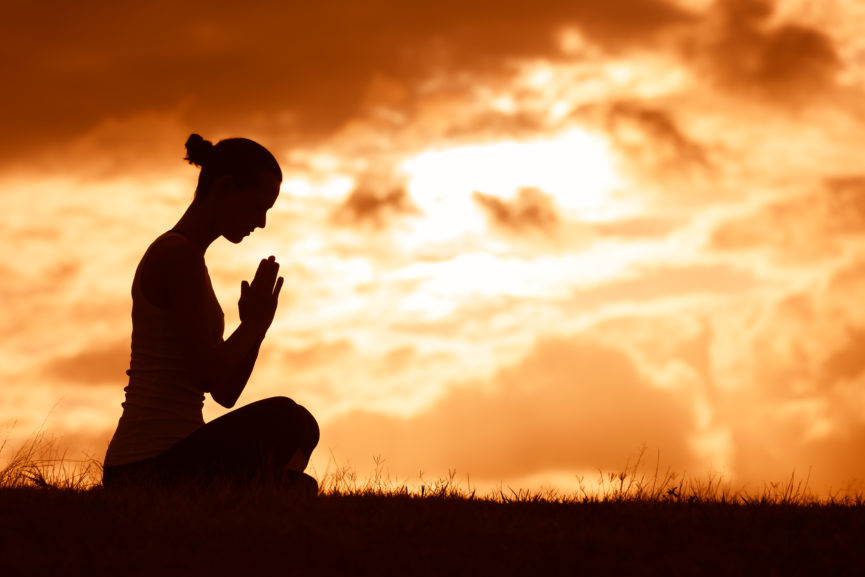Extreme gratitude is a lot like extreme sports—it challenges us beyond our perceived capabilities; yet if we persevere to the end we can achieve a profound sense of calm. We re-unite with our strong self—YES, we did it. Really.
What do I mean by Extreme Gratitude?
Being grateful no matter how bad it gets. And, as we all know, it can get pretty bad. Feeling the heartbreak of the thousands whose homes were devoured by fire recently can put some of our own troubles in perspective. Yet, we all experience the burden of suffering. Whether experiencing the frustrations of chronic illness or watching helplessly as a loved one struggles with cancer; whether worrying about paying the bills or sleepless nights because of an overly adventurous teen—the list can go on and on—there is so much in this world to cause distress. How in the world can we feel grateful in the midst of it?
We can “count our blessings” when life runs even-keel, sure—when Fate, for whatever reason, bestows us with excellent health, enough wealth, and everything those two gems provide. It is not so easy to be grateful while in lack or pain. That takes the rigorous discipline of the most elite athlete. That takes more courage and determination than we might ever imagine. Or think we can ever possess. That takes extreme gratitude.
Let me be clear: Extreme Gratitude does not mean we are grateful for the tragic disaster or the upsetting diagnosis. Extreme Gratitude means, that despite the difficulty, we manage to find pockets of life-giving grace in our lives for which we are extremely grateful. That’s Extreme Gratitude at it’s best.
Being a novice at Extreme Gratitude I’m always on the lookout for lessons. Recently I had a most profound one. My husband and I attended a concert that touched us deeply. Harmony from Discord is about composers who under tyranny paid the price of death for creating—losing their lives to give more life to others through their art. We heard the US premiere of the most magnificent Pál Hermann’s Cello Concerto.Born in Budapest, Hungary in 1902, Hermann was a Jewish cellist and composer who was captured in France in 1944 and sent to Auschwitz. Parts of his music were fund in a library in Paris (no one knows how they got there) and so Italian composer Fabio Conti could reconstruct his piece. Mr. Conti and Hermann’s grandson attended and provide a most insightful pre-lecture that gave details of Hermann’s courageous life.
In addition, we heard Viktor Ullmann’s Variations and Fugue on a Hebrew Theme. The climax of Ullmann’s Seventh Piano Sonata, Variations and Fugue on a Hebrew Theme, was composed from inside the Theresienstadt Concentration Camp (known also as Terezín) after he was deported from Prague (where he was hiding) in 1942. The most fascinating thing about the piece is that he ingeniously incorporated songs of resistance, along with a salute to Bach within the musical elements. The Germans did not notice, but his fellow inmates did. One week after he finished this work Ullman was executed. He wrote of his time in Terezín: “Our endeavor with respect to arts was commensurate with our will to live.”
Realizing how these two geniuses created under the most horrific circumstances brought me to extreme gratitude. And I am thinking that extreme gratitude for life must have been in their hearts, too. Knowing they were going to die very soon, they still carried on expressing themselves, embracing whatever they had left, never knowing day to day when their time would end.
Clearly they did not create for themselves or even those in their time but for us, in their future. I am eternally grateful.
Copyright, Gloria DeGaetano, 2018. All rights reserved.
